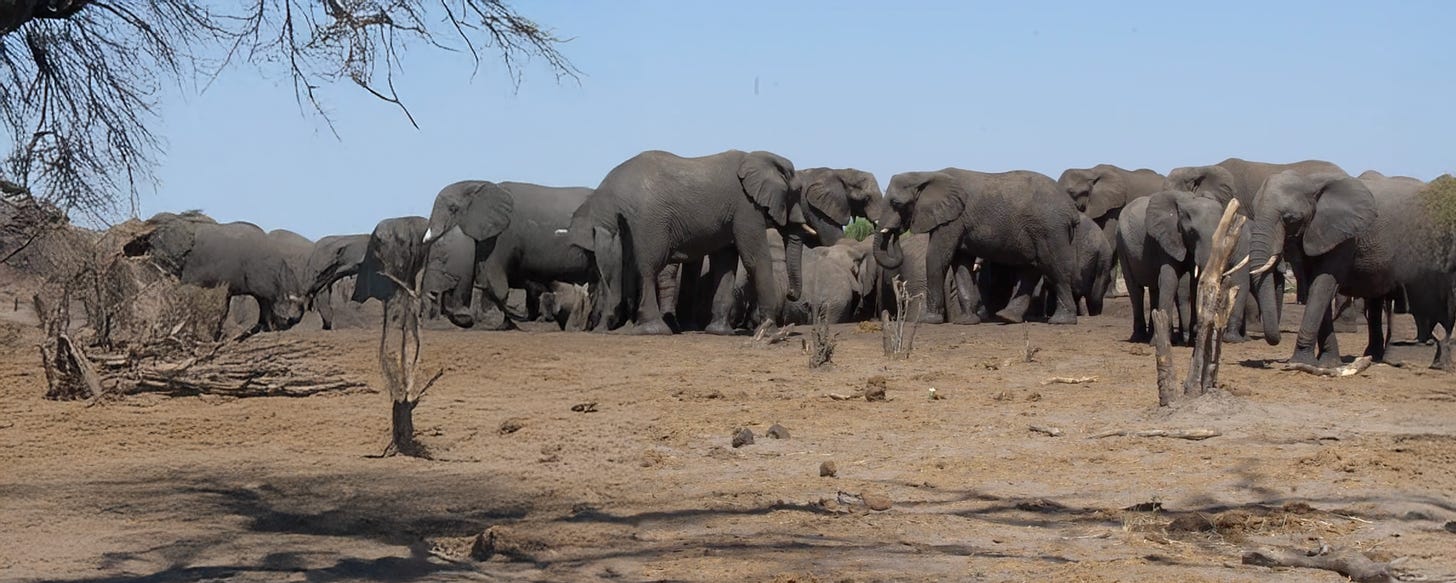US Court Ruling May Signal Shift in Ivory Trade Regulations
The case highlights ongoing debates about wildlife conservation, sustainable management, and the economic potential of controlled wildlife product trade.

NEW YORK — A U.S. Appeals Court decision to invalidate New York's restrictions on ivory and rhino horn sales could potentially reshape international wildlife trade regulations, according to legal and conservation experts, writes Emmanuel Koro.
The Second Court of Appeals ruled that current restrictions on displaying and advertising ivory products unconstitutionally limit dealers' free speech rights.
The decision effectively allows ivory objects to be displayed, advertised, and sold legally in New York, with potential implications for other states.
Godfrey Harris from the Ivory Education Institute suggested the ruling might prompt a broader reconsideration of wildlife trade policies.
"This decision calls into question all the rules governing ivory and rhino horn," Harris said.
The case drew opposition from major animal rights organizations, including the Natural Resources Defense Council and the Wildlife Conservation Society, who supported the original restrictions aimed at protecting endangered species.
The animal rights groups have until February 11, 2025, to appeal the decision to the U.S. Supreme Court.
Harris argued that southern African countries with large elephant populations could potentially benefit from a more nuanced approach to wildlife conservation, including controlled ivory sales to fund conservation efforts.
The ruling specifically critiqued existing Endangered Species Act regulations that currently prohibit most African elephant ivory sales in interstate commerce.
CITES, the international wildlife trade regulatory body, maintains that its role is limited to regulating international trade in endangered species.
The case highlights ongoing debates about wildlife conservation, sustainable management, and the economic potential of controlled wildlife product trade.


